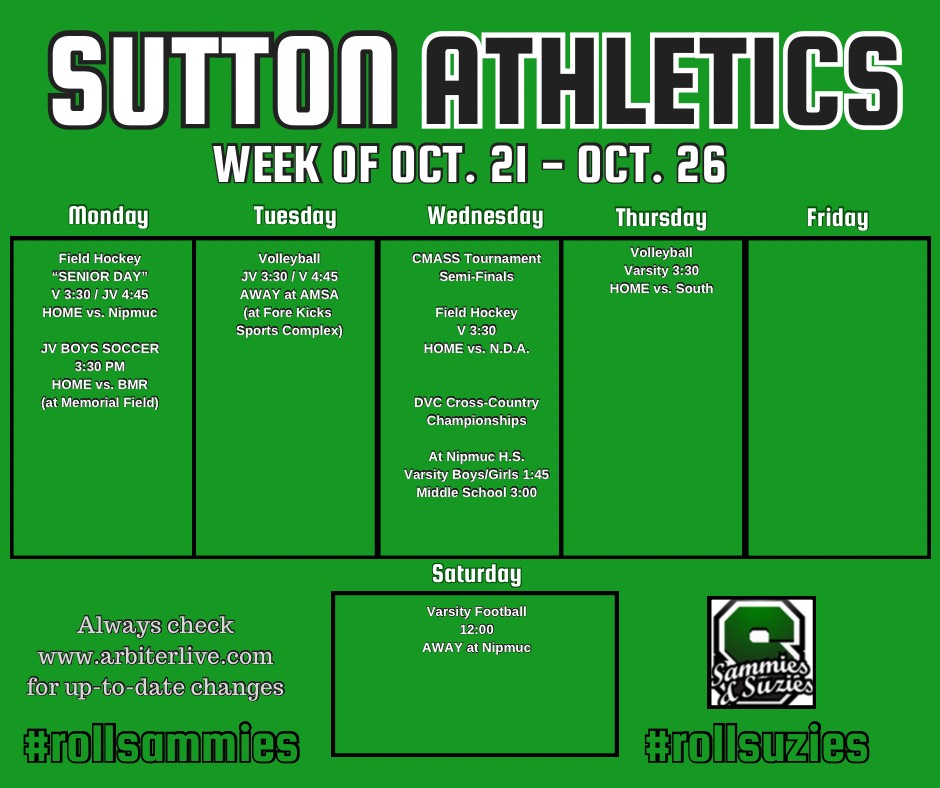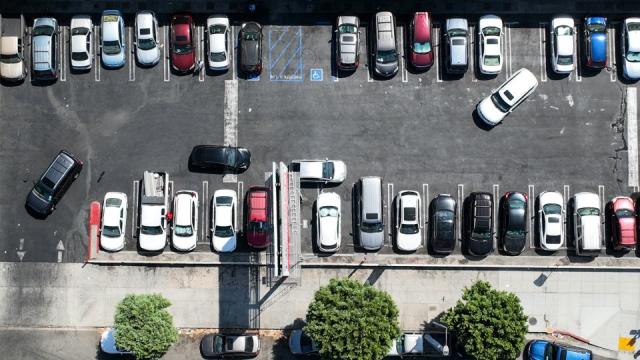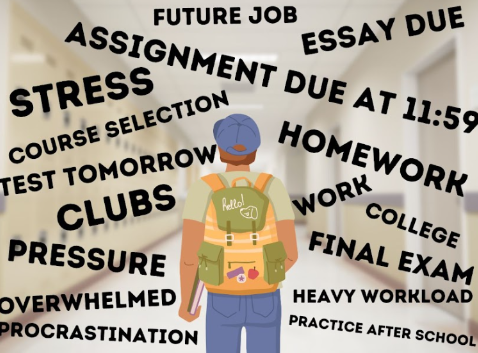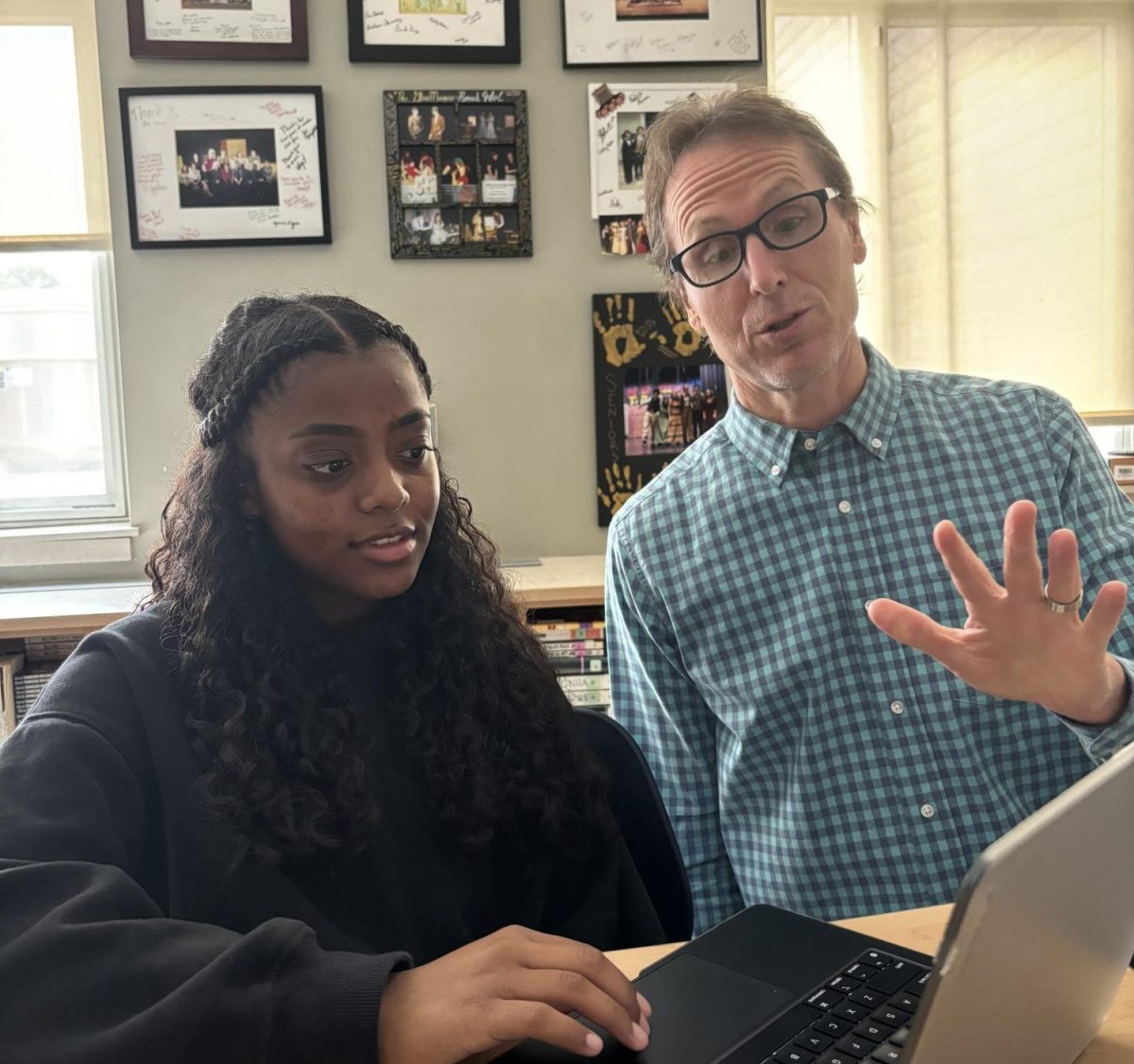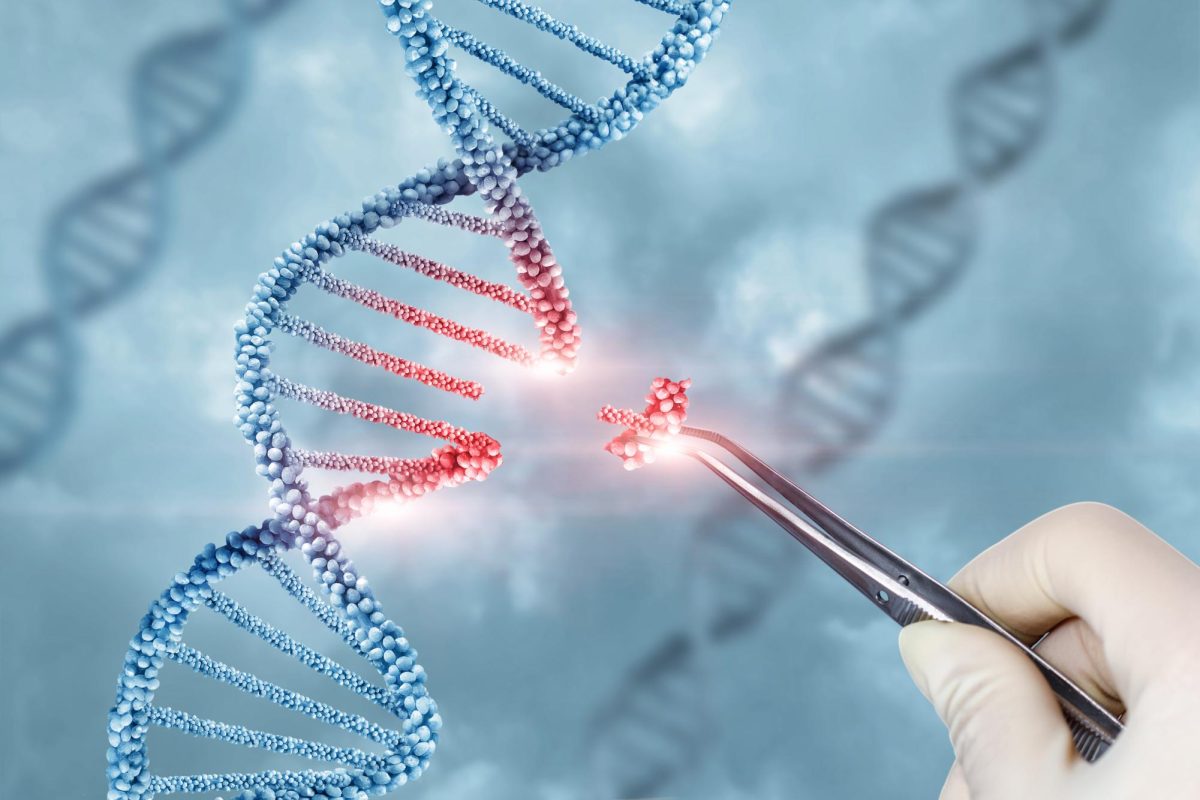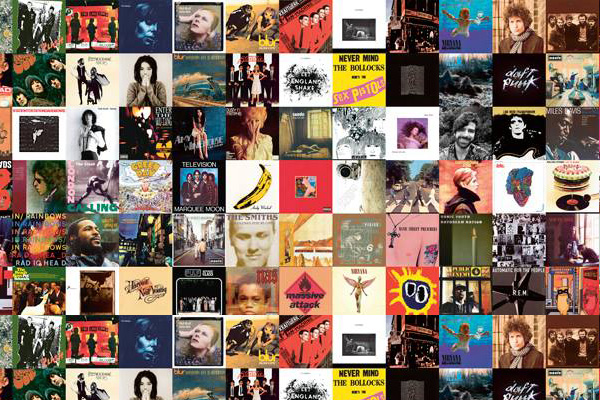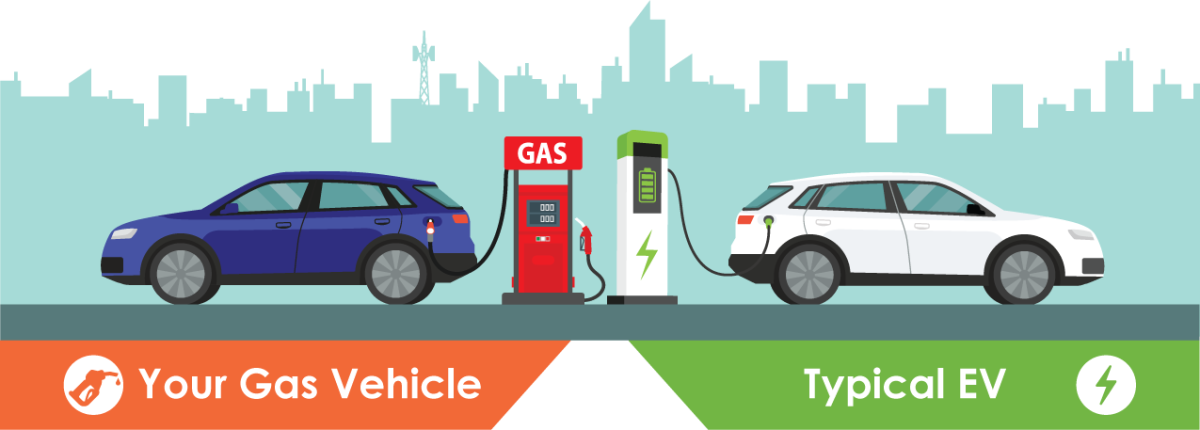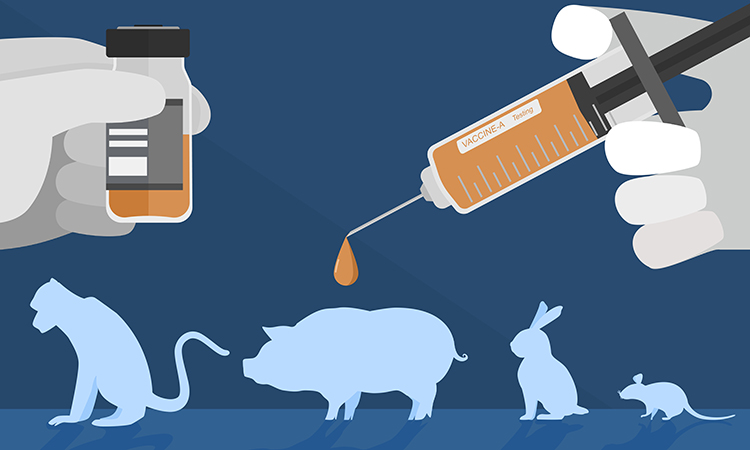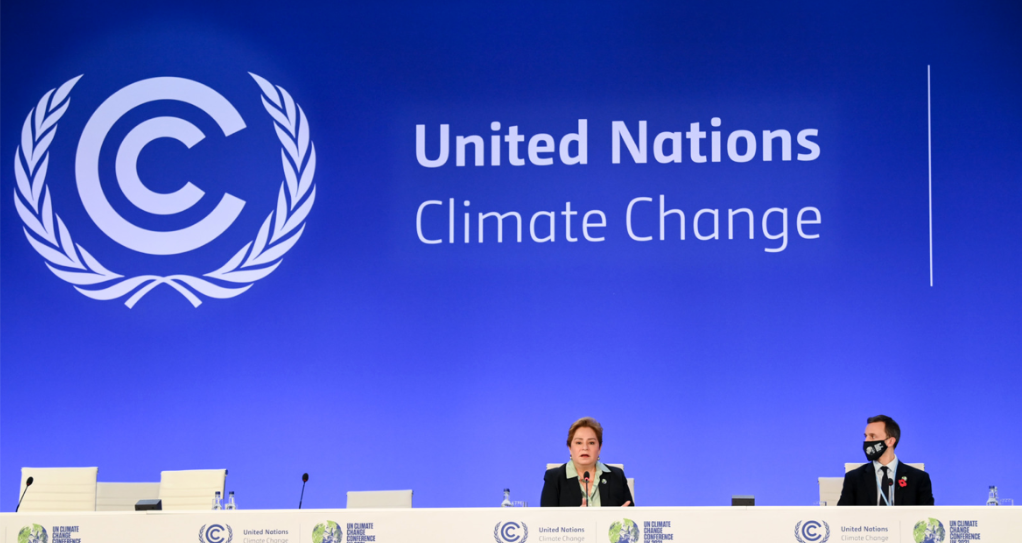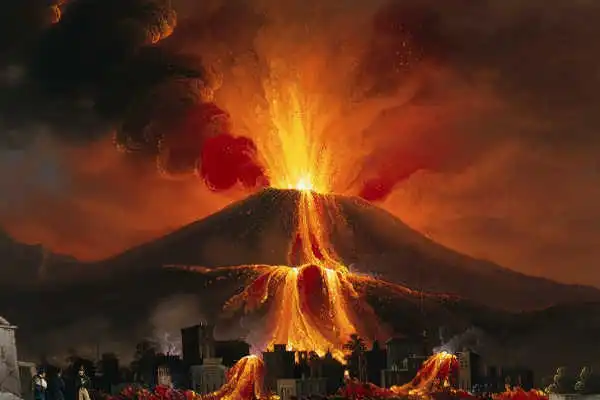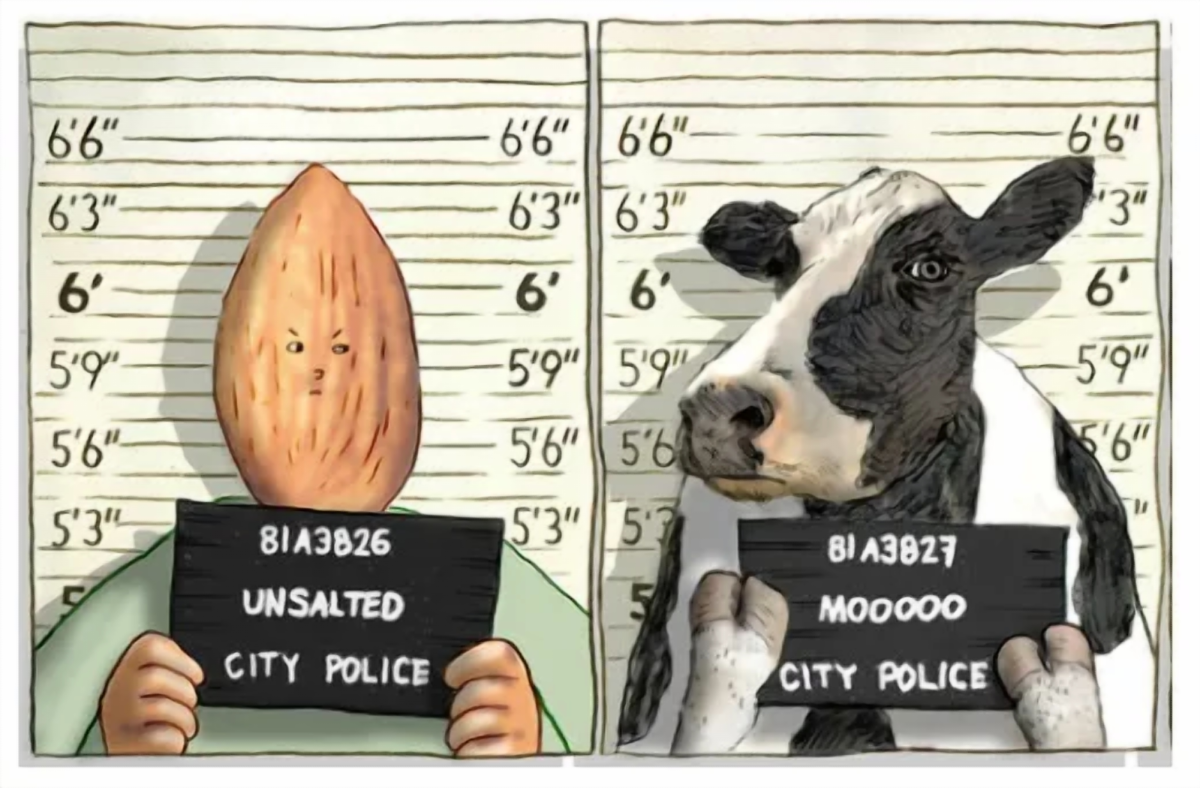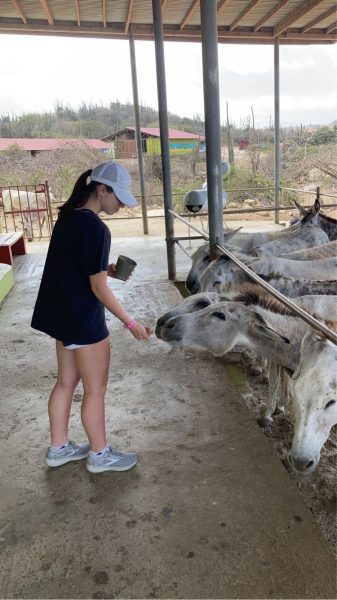The earth is in danger from climate change and pollution created by human activity. The heat that is being created from the green house gasses being released into the atmosphere is a problem.
From the rise in temperature, many of the bodies of water have been drying up, causing problems with third world countries as rain now contains too high of a PH. Some evidence of this is happening in the southern regions of Democratic Republic of Congo (DRC), according to Earth Organization, where they are having problems with their water from coal mining.
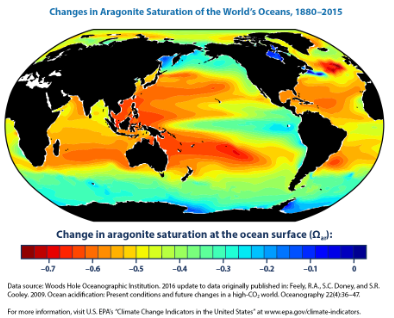
Mineral mining adds to the effects of the green house gas creating a higher PH due to 30% of all carbon being absorbed into the bodies of water. This is prominent and shows in statistics. “Some 1.1 billion people worldwide lack access to water, and a total of 2.7 billion find water scarce for at least one month of the year. By 2025, two-thirds of the world’s population may face water shortages” (Earth Organization). The water shortages and heat are more than just a problem for humans, but it is detrimental for animals and plants.
Without water, many countries are resorting to rationing crops for water from the soil. Here are some effects happening to the ecosystems due to the climate crisis: “from Australia and the US experiencing some of the most devastating bushfire seasons ever recorded, locusts swarming across parts of Africa, the Middle East and Asia, decimating crops, and a heatwave in Antarctica that saw temperatures rise above 20 Celsius for the first time” (Earth Organization).
The issue is being combated by governments as they have created The Global Climate Summit that happens annually. The United Nations Conventions on Climate Change, taxes being implemented, and global awareness day that happens annually called Earth Day (April 22nd).
Sweden is one of the first countries to implement a carbon tax, which has been effective. “The carbon tax is $127 per ton and has reduced emissions by 25% since 1995, while its economy has expanded 75% in the same time period” (Earth Organization). On the national level, the United Nations Framework Convention on Climate Change (UNFCCC) has reached the understanding that “countries need to reduce greenhouse gas emissions significantly so that global temperature rise is below 2 C by 2100, and ideally under 1.5 C. But signing on to it is voluntary, and there are no real repercussions for non-compliance” in the Paris Agreement.
Also, the United Nations is starting to phase out pesticides earlier than 2035: “Chemical companies can get creative and start investing now to replace hazardous chemicals with nature-friendly alternatives. The chemicals industry must become green and sustainable. The industry must be the change, or be left behind – because, informed by science and data, governments and citizens will demand a toxic-free future”(UN Environmental Program). The framework for the plan is “around 28 targets that aim to improve the sound management of chemicals and waste.” Each government is dedicated to making regulatory places to “reduce chemical pollution and implement policies to promote safer alternative” by 2030. The hope of the new regulatory policies is to manage chemicals in a way that will prevent further damage at such a rapid rate from industries.
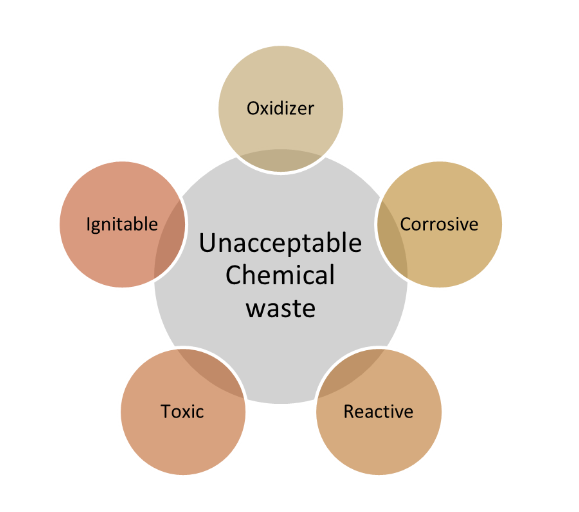
In America, has established in 1990 the Pollution Prevention Act. This is a national policy allowed for the creation of EPA and the federal chapter, grants to states for state technical assistance programs, source reduction clearing house, and source reduction and recycling data collection. Passed by Congress, pollution should be prevented or reduced; “pollution that cannot be prevented or recycled should be treated in an environmentally safe manner whenever feasible; and disposal or other release into the environment should be employed only as a last resort and should be conducted in an environmentally safe manner.” This allowed for authorities positions to make sure of the companies following the regulations through agencies.
Another policy that was created by the EPA was the creation of the Clean Air Act that called for the states and the EPA to use programs for latest science and technology information to solve air pollution problems. Air quality has to be measured now, “Emissions standards for sources are based on information about available technologies”(EPA). Under the act the EPA’s goal is to “provide industry with flexibility on ways to control emissions while maintaining accountability for achieving reductions”(EPA). Along with the standards for the industries, the EPA set air quality standards, which consists of six most used classified pollutants; “particulate matter (also known as particle pollution), ozone, sulfur dioxide, nitrogen dioxide, carbon monoxide, and lead.”
How can we as a country further the status of lowering pollutants to change climate change?
